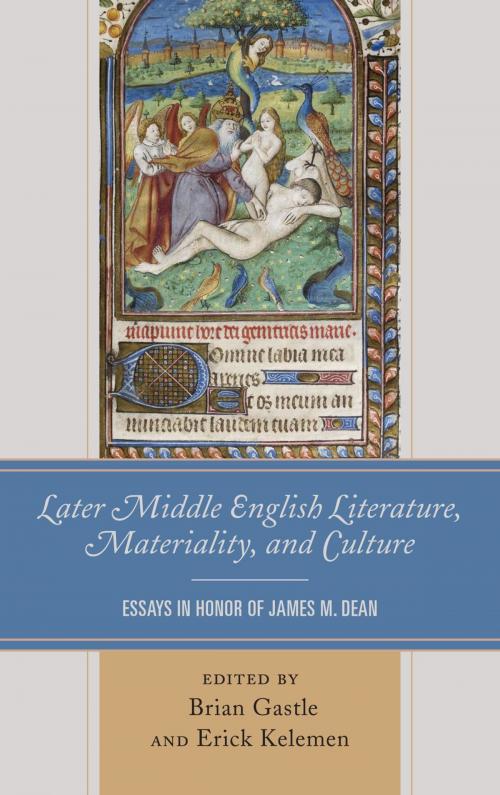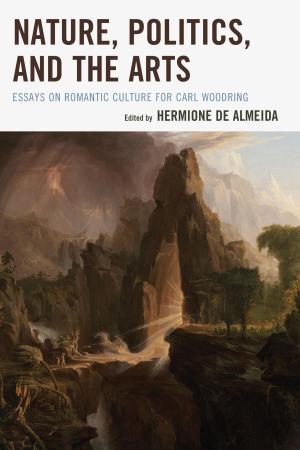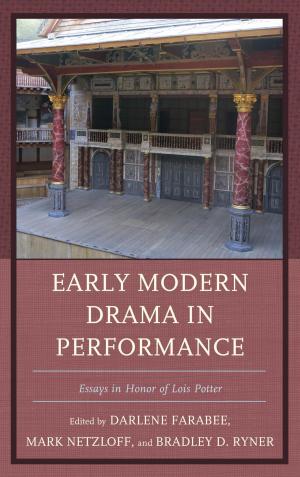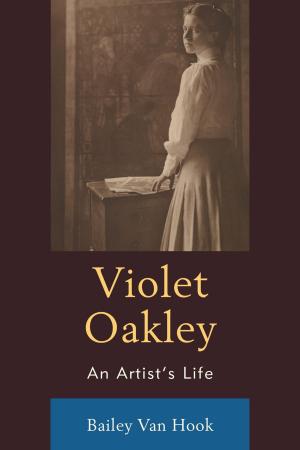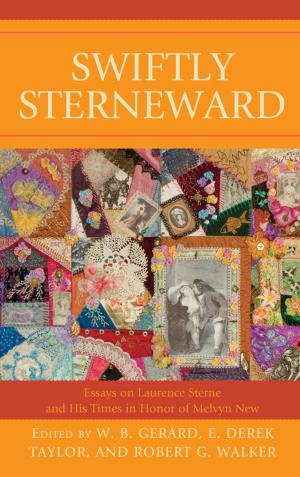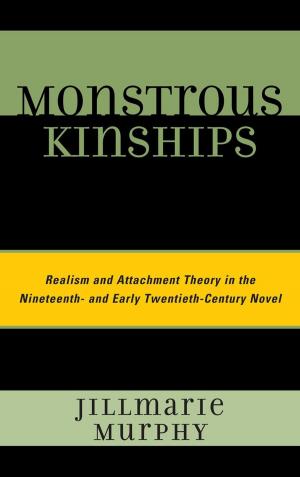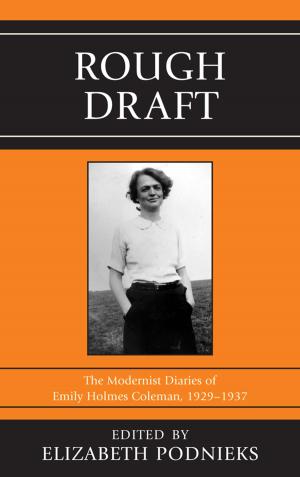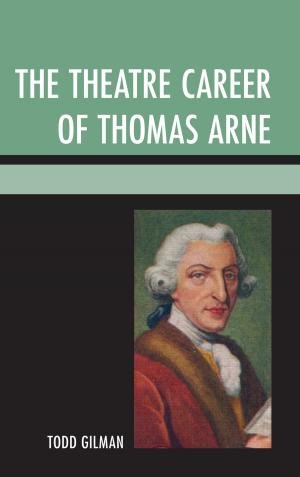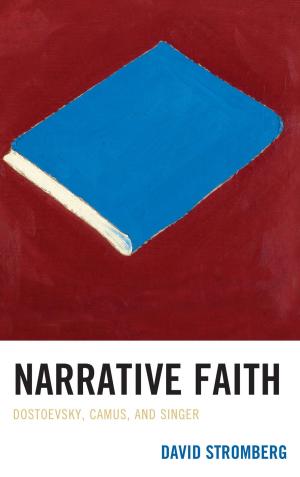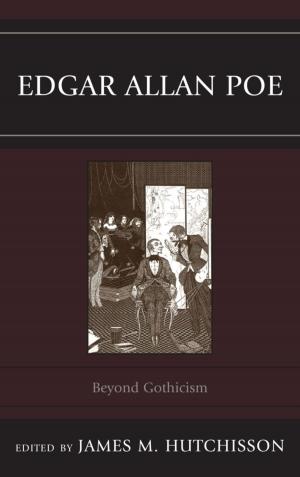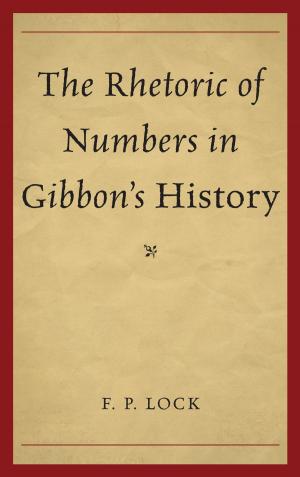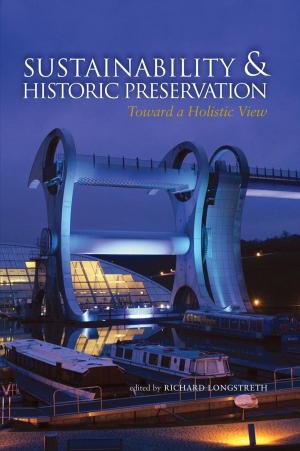Later Middle English Literature, Materiality, and Culture
Essays in Honor of James M. Dean
Fiction & Literature, Literary Theory & Criticism, Medieval, Ancient & Classical, British| Author: | Mark Amsler, Craig E. Bertolet, John M. Ganim, Brian Gastle, Erick Kelemen, Scott Lightsey, Kathryn McKinley, Gabrielle Parkin, Karla Taylor, Joseph Turner, Lawrence Warner, R. F. Yeager, Christian Zacher | ISBN: | 9781611496772 |
| Publisher: | University of Delaware Press | Publication: | April 12, 2018 |
| Imprint: | University of Delaware Press | Language: | English |
| Author: | Mark Amsler, Craig E. Bertolet, John M. Ganim, Brian Gastle, Erick Kelemen, Scott Lightsey, Kathryn McKinley, Gabrielle Parkin, Karla Taylor, Joseph Turner, Lawrence Warner, R. F. Yeager, Christian Zacher |
| ISBN: | 9781611496772 |
| Publisher: | University of Delaware Press |
| Publication: | April 12, 2018 |
| Imprint: | University of Delaware Press |
| Language: | English |
The essays in this volume consider the ways in which material and intellectual culture both shaped and were shaped by the literature of late medieval England. The first section, “Textual Material,” reflects on cultural and social issues generally referred to as the History of Ideas, and how those ideas manifest in later medieval English texts. Essays address, for example, affect in The Book of Margery Kempe, rhetoric in Sir Gawain and the Green Knight, anarchy in late medieval political texts, and temporality in Gower’s Confessio Amantis. The essays in the second section, “Material Texts,” examine physical objects – from pilgrim badges, to manuscripts, to money, to early printed editions – and the cultural behaviors associated with them, interpreting these objects and exploring their connections to the important literary and political texts of the age such as Piers Plowman, Lydgate’s Troy Book, and Chaucer’s Canterbury Tales. All of the essays in this collection emerge from the relationships and connections between the issues that characterize Jim Dean’s work: the cultural, material, and aesthetic aspects of later medieval English literature. So too do they reflect a movement in medieval literary studies presaged by Dean’s career of scholarship and teaching, that critical approaches to literary texts are best undertaken with an understanding of the complex cultural and historical milieu that defines both the production of those texts and the production of our own work on those texts.
The essays in this volume consider the ways in which material and intellectual culture both shaped and were shaped by the literature of late medieval England. The first section, “Textual Material,” reflects on cultural and social issues generally referred to as the History of Ideas, and how those ideas manifest in later medieval English texts. Essays address, for example, affect in The Book of Margery Kempe, rhetoric in Sir Gawain and the Green Knight, anarchy in late medieval political texts, and temporality in Gower’s Confessio Amantis. The essays in the second section, “Material Texts,” examine physical objects – from pilgrim badges, to manuscripts, to money, to early printed editions – and the cultural behaviors associated with them, interpreting these objects and exploring their connections to the important literary and political texts of the age such as Piers Plowman, Lydgate’s Troy Book, and Chaucer’s Canterbury Tales. All of the essays in this collection emerge from the relationships and connections between the issues that characterize Jim Dean’s work: the cultural, material, and aesthetic aspects of later medieval English literature. So too do they reflect a movement in medieval literary studies presaged by Dean’s career of scholarship and teaching, that critical approaches to literary texts are best undertaken with an understanding of the complex cultural and historical milieu that defines both the production of those texts and the production of our own work on those texts.
